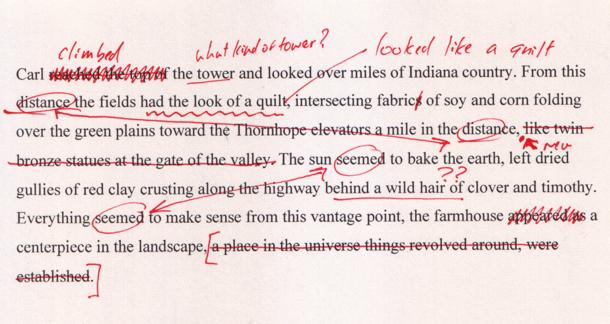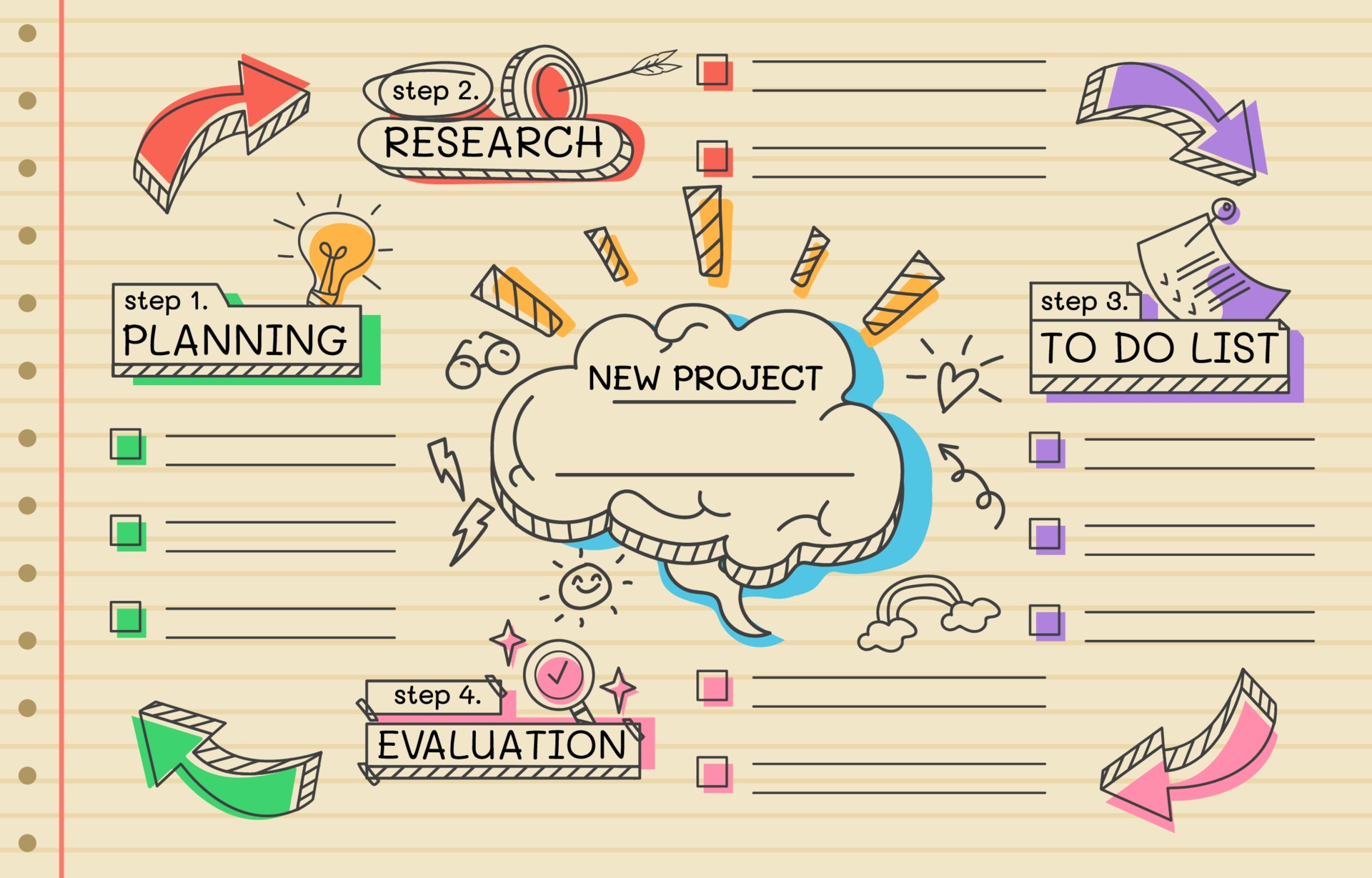
Ways To Improve
We all want to improve the way we do things, but even though some may have the resources, it can simply be a matter of time and the clarity of instructions. So, this list includes methods in a simplified form.
Reading Every Day
Writing Every Day
Remember The First Draft Is Only The First
Brainstorm and Outline
Finding A Writing Community
Joining A Reading Community
Do Research Beforehand
Reviewing The Rules of MLA Citations
Learning The Language Again
Using Digital Tools

Credit: Tengyart from Unsplash
Organisations such as The Education Hub New Zealand and Hechinger Report have seen a concerning decrease in the amount of students reading, especially for pleasure. (Merga)(Barshay).
Many students say they often end up having a dislike for books due to reading books out of their interest for school, difficulty in reading, or simply don't have the time. However, reading is an activity which can improve grammar, vocabulary but also reading comprehension and creative thinking. Even just 15 minutes of reading per day can have benefits over time.
In fact, it is better to read books of a variety of genres, in order to learn a vast array of structures of different styles, vocabulary and structures. However, unless you are interested in the current book, you should try to separate your academic reading from genres and authors you are interested in.
If you are not sure what you may want to read or ot sure where to start, ask your teachers and friends for recommended readings. You can also use websites such as Goodreads to find the most popular books. Websites such as these have book clubs, thriving communities and have algorithis to recommend books to you based on what you like and dislike.
..."take a red pen and highlight things you liked: certain sentences, turns of phrase, even entire paragraphs. Examine why you like these elements, and see if there are any common threads in your favored reading material. See how writers take one subject and transition into another. Apply these techniques to your own work."(Shewan)

Credit: Laura Choulette on Unsplash
Very similar to the first point, you should practice writing every day at least 15 minutes per day, and there are several ways to do this.
One highly recommended method was writing in a journal everyday because this is also an emotional outlet. (Masterclass) However, there were other variations such as starting your own blog, using a prompt generator for short (~250 words) or long (~15,000 words) and making your own story.
If you do not have an idea of what to write, or may want to challenge yourself, use a writing prompt. Furthermore, if you don't have the time for a 10,000 word piece, there are writing prompts for pieces as short as 250 words. Simiarly, you can set a goal of a daily word count.

Credit: Gingerich
What causes many people to procastinate on writing assignments is perfectionism; the mindset of the writing havig to be perfect or not. What people forget that normally one of the hardest parts of writing is starting, especially with difficult mindsets such as those. However, one of the hardest parts of writing is starting.
As stated before, 35.3% students addmitted in the survey they do not check over their first draft. However, this is one of the most common writing mistakes which can make a significant impact on grades as minor mistakes such as incorrect grammar and misspellings may show you lack basic understanding of the English language.

Credit: imeisime on Vecteezy
While this topic is somewhat controversial within the writing community, making an outline is still supported by many, especially for academic writing. The outline does not need to be complex, but a simple list of what you want to disscuss and one or two points in that section. You do not need to follow the outline exactly, but simply use it as a reminder when you are lost.
If you want to try your hand at writing, a fantstic method is to try out a writing community or even create your own! You can source unbiased eyes to review your writing and provide feedback while making new connections. By sharing each other's writing, everyone gains the benefit of learning new writing techniques, vocabulary, among other skills.
In book clubs, the main purpose are to have discussion surrounding the chosen book for the month. Doing this improves your critical thinking; discussing topics with people from different backgrounds includes many different perspectives, and you may only notice some details after somebody points it out. Having regular meetings may prosper discipline by having a responsibility to read on a regular basis, and once again, gives the possibility of new connections.
Researching a topic has never been so important during the time of the internet and misinformation. Not knowing substatntial information beforehand will show in your writing and result in trouble, especially if the topic is something already controversial. Plagarism is taken seriously everywhere; not citing sources or simply showing a lack of evidence can result in lower sastisfaction of your work, and in more severse cases, copyright claims and other legal issues.
One main trend of MLA citations is the known use of citation generators. While this is recommended, everyone should still know how to cite works in the MLA format, specifically the 9th. Some citation generators may still be using MLA 8th, do not have options for lesser known types of works (e.g artworks) or simply use the incorrect information you gave it.
Search for any rules of grammar that you find yourself making mistakes on or forgetting.
Everybody uses technology for every purpose. Whether it is for simple tasks like making reminders and texting, or complex tasks such as making databases and creating video games. Many people use citation generators in their research, prompt generators, planners, note-takers and grammar checkers. While it is true you should not rely completely on these technologies, especially citation generators and grammar checkers, they will help immensely, and are often free of charge.
About Survey Results
About This Project
Recommended Resources
Works Cited